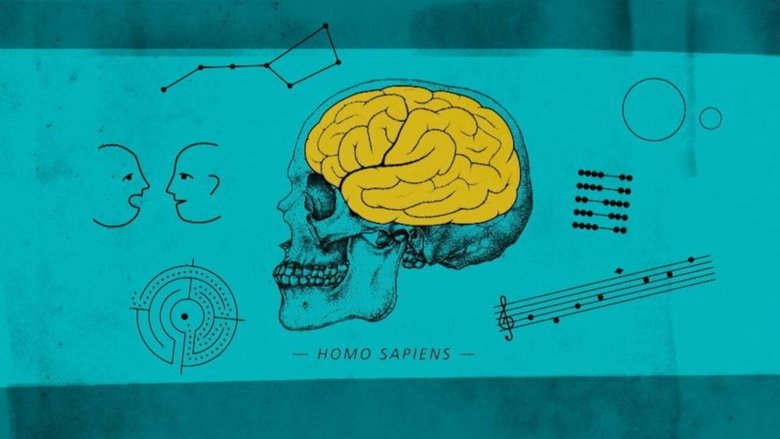Ko ta maatau whare pikitia me to wharepukapuka whakaataata ka taea noa te rere, te tango mai ranei ma nga mema anake
Me matakitaki tonu mo te FREE ➞He iti ake te waa 1 meneti ki te Haina Mai ka pai ai ki a koe te koa ki nga Kiriata Mutunga & Taitara TV.

Human By Chance? (2020)
If we compare ourselves with our genetically closest living relatives, the chimpanzees, we have few physical advantages. We are far weaker, cannot move nearly as fast, and do not have the same climbing capabilities. Instead, humans excel in areas such as architecture, religion, science, language, writing, art, culture, and ideas. These achievements are due to our larger brain that contain billions of neurons. It was the rapid growth of our brain, originating about 2 million years ago, that allowed us to be the predominant species of the world. What caused this rapid growth of our cerebral cortex? Researchers worldwide have asked this question for many years, but now there finally seems to be an answer.

